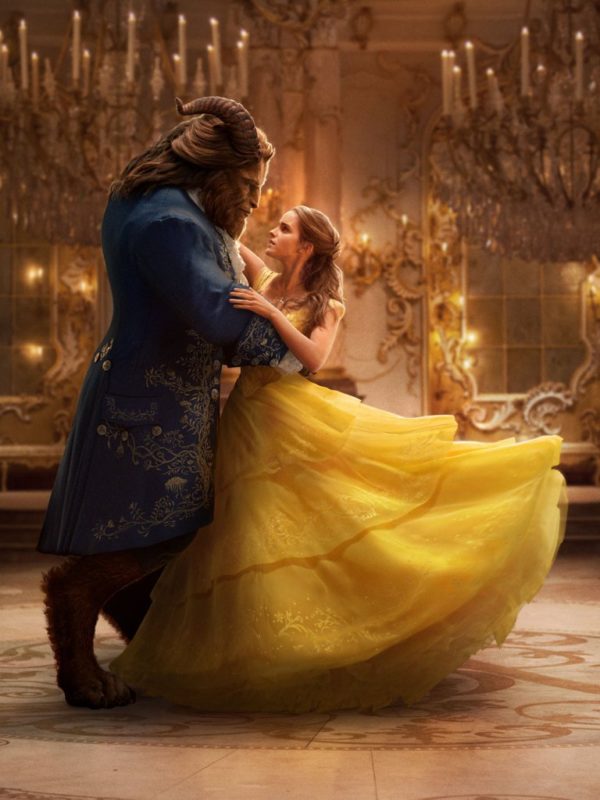Spiritual Sunday
I’m on my way back home today after attending the International Conference on the Fantastic in the Arts in Orlando, where I learned a lot. For one thing, I’m much clearer about how spiritual hunger is one thing that drives readers to fantasy.
A panel discussion on “What Makes Fantasy Epic” spoke to this, as did a paper on Philip Pullman. In the first, Christine Mains reported that her students believe that epic fantasy must have gods. This speaks to a desire for some kind of transcendental meaning. The stakes are always high in epic fantasy—the fate of the world hangs in the balance—so what individuals do makes a difference. There is a clear purpose to their lives.
Panelist and fantasy author Brian Steveley observed that, unlike novels such as Jude the Obscure and McCarthy’s The Road, fantasy epics never leave him questioning whether he should get up in the morning. One audience member noted that fantasy epics—at least the popular ones—don’t leave one with feelings of existential dread.
Existential dread is more the specialty of the gothic, about which I heard several presentations. But that’s a post for another day.
One knows that Odysseus’s journey is significant because Zeus declares it to be so at the beginning of the epic. While listening to the panel, I thought about Georg Lukacs’s Theory of the Novel, where he sees the novel as the form the epic takes in a world where God is no longer tangibly present. Sometimes we sense the presence of divine providence at work in early novels–this explains Charles Dickens’s love of coincidence–but we no longer see an Odysseus conversing with Athena. Or, to cite a later epic, Adam talking to the angels Raphael and Michael.
As the rise of the novel coincided with the Enlightenment and the various knowledge and technological revolutions, it’s worth turning here to another theorist mentioned by a presenter. Charles Taylor has traced an evolution from enchantment to disenchantment to re-enchantment in modern Europe. When science threw out the occult, superstition, and sometimes religion itself, we were left hungry for spiritual mystery. Fantasy stepped in to fill the void.
Presenter Franziska Burstyn argued that this is the trajectory of Philip Pullman’s His Dark Materials trilogy. In addition to quoting Taylor, Burstyn also mentioned Harmut Rosa, who talks about the movement from alienation to resonance. Taylor’s model is more linear, she noted, while Rosa’s is cyclical.
I have strongly criticized Pullman’s attacks on Christianity—I think he constructs a caricature of the religion—but I agree with Burstyn that he uses animal daemons and angels to capture what it would be like to have a tangible relationship with the supernatural. That’s in large part what draws us to the books. Eventually Lyra becomes a new Eve, and love and maturity are re-enchanted.
I appreciated Burstyn quoting C.S. Lewis (whom Pullman can’t stand) in articulating how fantasy gets at our spiritual longing. Lewis writes,
It would be much truer to say that fairy land arouses a longing for [the child] knows not what. It stirs and troubles him (to his life-long enrichment) with the dim sense of something beyond his reach and, far from dulling or emptying the actual world, gives it a new dimension of depth. He does not despise real woods because he has read of enchanted woods: the reading makes all real woods a little enchanted. This is a special kind of longing.
Speaking of fairyland and enchantment, Julia and I watched the latest Beauty and the Beast Friday night, and, although it doesn’t approach Jean Cocteau’s 1946 version—one of my all-time favorite films—there is sweet scene where poetry itself “makes all real woods a little enchanted.” The bookish Belle is reading 19th-century Scottish poet William Sharp’s “A Crystal Forest” to the Beast, which causes him to see the winter landscape as though for the first time. It’s a re-enchantment of his grey existence:
A Crystal Forest
By William Sharp
The air is blue and keen and cold,
With snow the roads and fields are white
But here the forest’s clothed with light
And in a shining sheath enrolled.
Each branch, each twig, each blade of grass,
Seems clad miraculously with glass:
Above the ice-bound streamlet bends
Each frozen fern with crystal ends.
So we read fantasy, we watch Beauty and the Beast, and we read poetry and literature to re-enchant our lives. Fantasy lit gives us intimations of the numinous.
